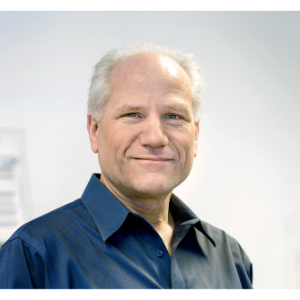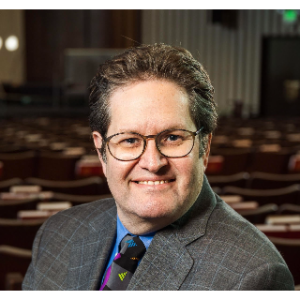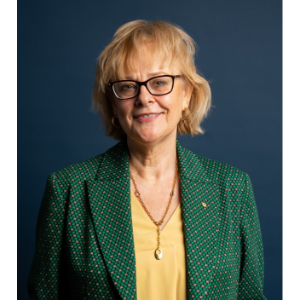Find an expert
Our panel of editors are available for interview
Theodora Bloom
Executive Editor of the BMJ
Theodora Bloom is executive editor of The BMJ. At the BMJ, Theo’s responsibilities include publishing, business, platform and operations as well as ethical and policy matters. She is a Co-Founder of the medRxiv preprint server, a collaboration between BMJ, Cold Spring Harbor Laboratory and Yale University, and jointly coordinates open access and open research initiatives at BMJ.
Professor Ronald F. van Vollenhoven
Editor-in-Chief of Lupus Science & Medicine
Professor Ronald F. van Vollenhoven is a distinguished rheumatologist and immunologist, known for his significant contributions in the field. He currently holds the position of Chair of the Department of Rheumatology and Clinical Immunology at Amsterdam UMC and directs the Amsterdam Rheumatology Centre. With a background in immunology and extensive training in Internal Medicine and Rheumatology, he has dedicated his career to the development and evaluation of biological and immunomodulatory treatments for rheumatic diseases. Dr. Van Vollenhoven has played a pivotal role in establishing crucial registries, including the Stockholm registry for biological therapies (STURE database), and has been a principal investigator in numerous clinical trials.
Doctor Elliott Haut
Editor-in-Chief of Trauma Surgery & Acute Care
Vice Chair of Quality, Safety & Service, Department of Surgery, Professor of Surgery, Anaesthesiology and Critical Care Medicine (ACCM), Emergency Medicine, and Health Policy & Management
The Johns Hopkins School of Medicine and The Bloomberg School of Public Health. Director, Trauma/ Acute Care Surgery Fellowship, The Johns Hopkins Hospital.
Dr Nick Brown
Editor-in-Chief of Archives of Disease in Childhood
Dr Nick Brown is a paediatrician and epidemiologist. His initial training was in the UK in general paediatrics, but for the last 25 years, he has had a parallel carer in academic international child health. Nick has lived and worked in Sudan, Afghanistan, Papua New Guinea, India and Pakistan, largely as an epidemiologist. He has a long affiliation with the Aga Khan University in Karachi where he teaches epidemiology, biostatistics and research methodology and is involved in studies in child pneumonia, rheumatic heart disease, thalassaemia and early child development. Nick is currently based in Sweden with a clinical position in Gavle and academic affiliation with the International Centre for Maternal and Child Health at Uppsala University.
Professor Caroline Finch AO
Editor-in-Chief of Injury Prevention
Professor Caroline Finch AO is the Deputy Vice-Chancellor (Research), Edith Cowan University. She is one of Australia’s leading injury epidemiologists, particularly known internationally for her public-health-focused injury prevention research. Her influential research has informed the development of injury surveillance and data systems, the implementation and evaluation of preventive measures, and the dissemination of safety advice and guidance. Her research outcomes have directly informed safety policy for Government Departments of Sport and Health, health promotion/injury prevention agencies, and sports bodies worldwide. In 2015, she was awarded the International Distinguished Career Award from the American Public Health Association’s Injury Control and Emergency Health Services Section. In 2018, she became an Officer of the Order of Australia for ‘distinguished service to sports medicine’.
Professor Hans Kromhout
Editor-in-Chief of Occupational & Environmental Medicine
Professor Hans Kromhout is an occupational hygiene and epidemiology specialist, based at the Institute for Risk Assessment Sciences at Utrecht University in the Netherlands. Professor Kromhout’s work has covered the health effects of chemical and physical (EMF) agents in the workplace and general environment. He has been the (co-)PI of large international studies in among others the asphalt industry, rubber manufacturing industry, industrial minerals industry, health sector and agriculture and community based studies on cancer, respiratory diseases, neurodegenerative diseases and reproductive health effects.







